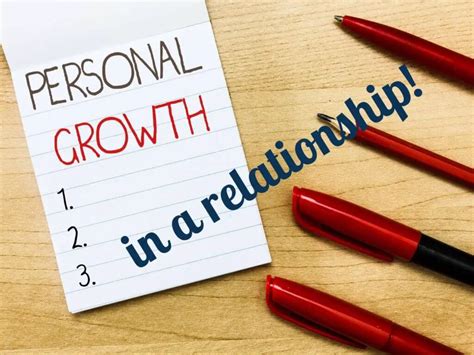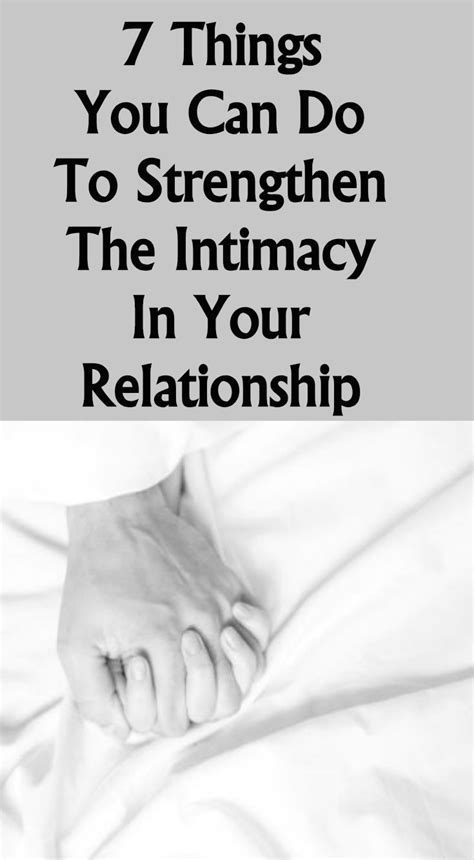The Silent Struggle: Masculinity and Emotional Vulnerability
Societal expectations surrounding masculinity have long dictated a narrow set of acceptable behaviors for men. Among the most pervasive and damaging of these is the implicit command to be stoic, strong, and emotionally unexpressive. This deeply ingrained cultural script significantly impacts how men navigate and express emotional vulnerability within their romantic relationships, often leading to a profound disconnect.

The “Strong, Silent” Mandate
One of the most significant ways traditional masculinity impacts emotional vulnerability is by promoting the ideal of the “strong, silent type.” From a young age, boys are often taught, directly or indirectly, that expressing emotions like sadness, fear, or insecurity is a sign of weakness. Phrases like “man up,” “don’t cry,” or “be a man” reinforce the notion that true masculinity is defined by a lack of emotional display, particularly those deemed ‘feminine’ or ‘vulnerable’. This cultural conditioning creates an internal conflict for men: the natural human need to connect and share meets the societal pressure to maintain an impenetrable facade.
This pressure doesn’t just encourage suppression; it actively discourages the development of emotional literacy. If emotions are not to be expressed, they are also less likely to be understood or processed. This can leave men ill-equipped to identify, articulate, and share their complex internal states with their partners, even when they deeply desire to do so.

Fear of Perceived Weakness and Rejection
The core of this impact lies in the fear of perceived weakness or rejection. For many men, expressing vulnerability feels like stepping into dangerous territory, where they risk being seen as less masculine, less capable, or even undesirable by their romantic partners. This fear is rooted in the belief that their worth, both as a man and a partner, is tied to their strength and self-sufficiency. Opening up means exposing potential flaws, insecurities, and needs, which clashes directly with the traditional masculine ideal.
Consequently, men may resort to various coping mechanisms to avoid vulnerability, such as deflecting emotional conversations with humor, becoming defensive, withdrawing entirely, or adopting a “fix-it” mentality rather than simply listening and sharing feelings. While these behaviors might offer temporary protection from perceived emotional danger, they inadvertently build walls between partners, preventing the deep intimacy that emotional sharing fosters.

Erosion of Intimacy and Trust
The inability or reluctance to express emotional vulnerability severely erodes intimacy and trust within romantic relationships. Intimacy thrives on mutual understanding, empathy, and the courage to show one’s true self. When one partner consistently holds back their emotional world, the other partner can feel shut out, unvalued, or that the relationship lacks depth.
This emotional distance can lead to feelings of loneliness, frustration, and resentment for both individuals. The partner seeking emotional connection may feel unloved or like they don’t truly know their significant other, while the man suppressing his emotions might feel isolated, misunderstood, or burdened by the weight of unspoken feelings. True partnership requires reciprocity in sharing, and when vulnerability is a one-way street, the foundation of the relationship is weakened.

Fostering Authentic Connection
Breaking free from these societal chains is crucial for men to experience healthier, more fulfilling romantic relationships. It requires a conscious effort to challenge outdated notions of masculinity and redefine strength not as the absence of emotion, but as the courage to feel, acknowledge, and share one’s inner world. Partners can help by creating a safe, non-judgmental space where emotional expression is encouraged and celebrated, not criticized.
Ultimately, one significant way societal expectations about masculinity impact men is by creating a formidable barrier to authentic emotional vulnerability in romantic relationships. By recognizing and actively dismantling this barrier, both individuals and society at large can pave the way for deeper connection, greater understanding, and more emotionally rich partnerships for men.





